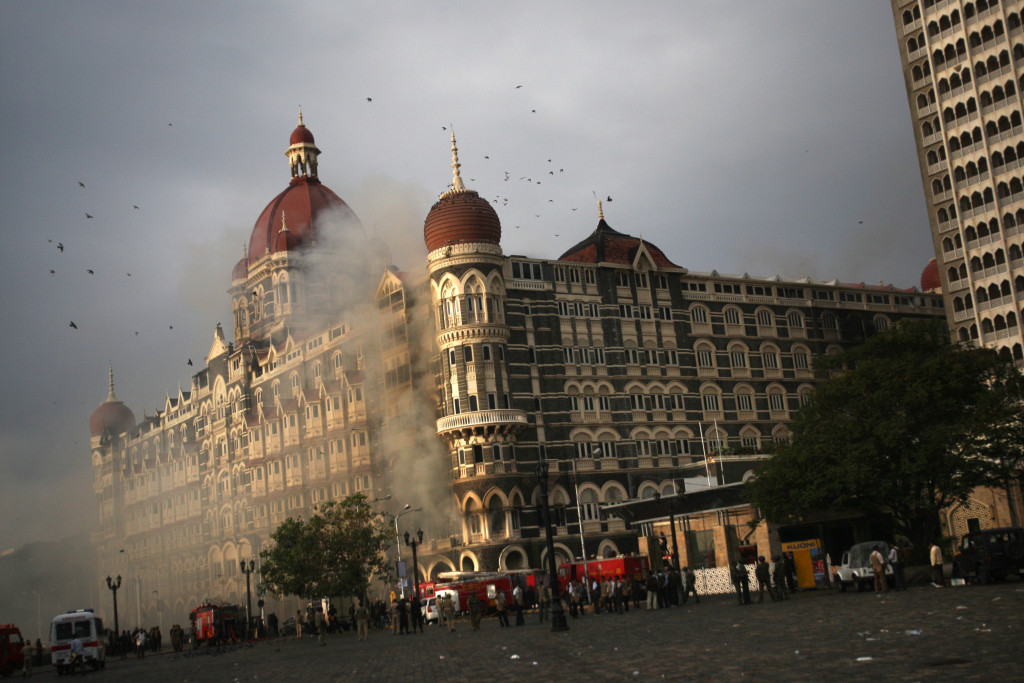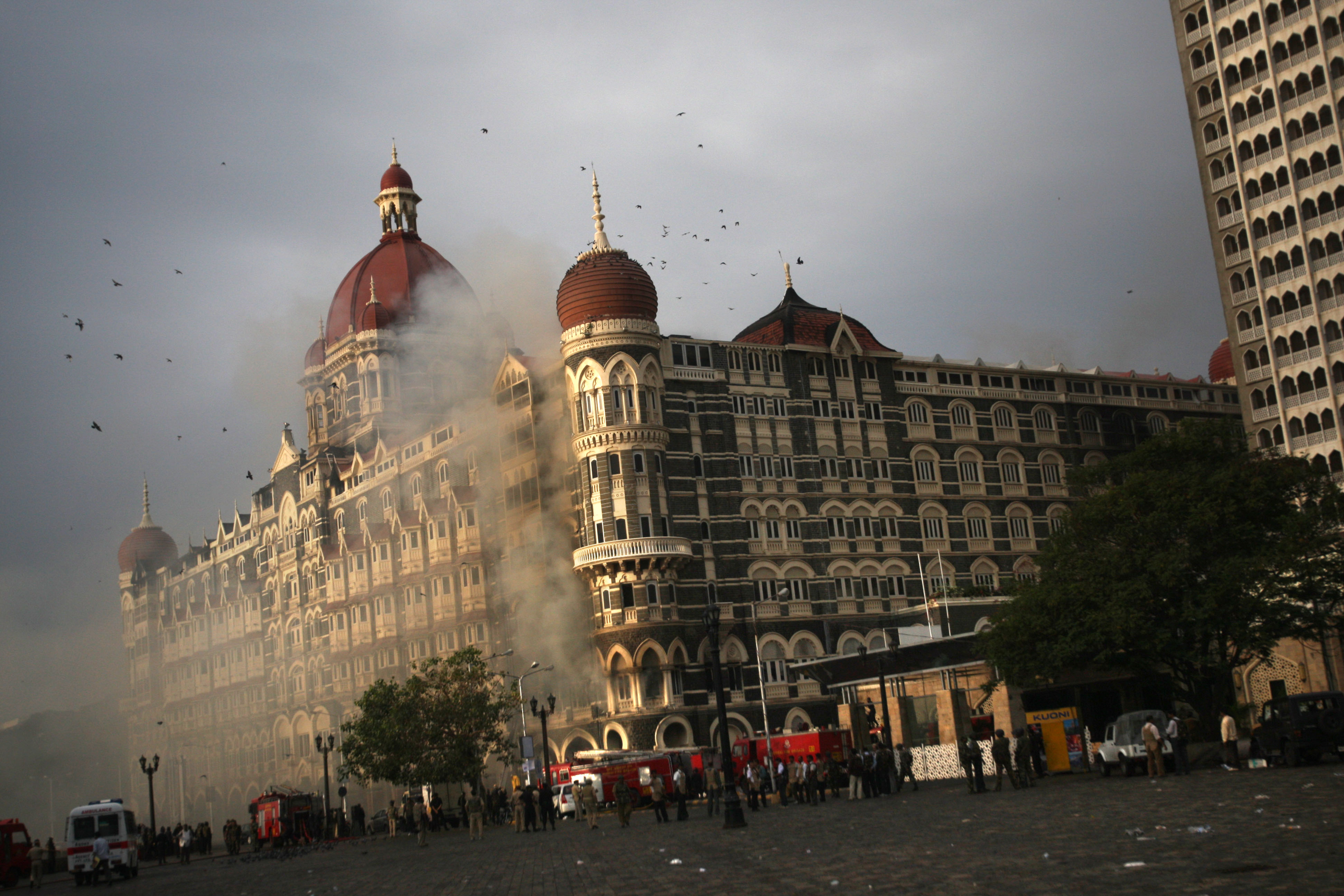The American Who Plotted an Attack on a Newspaper

January 9, 2015
Share
It was a chilling plot. The plan was to take a holy war to the heart of Europe and attack a newspaper that had published controversial images of the Prophet Muhammad.
The attackers would take hostages. “You shoot the hostages first,” the operative was instructed. “It makes it easier to behead them.”
The plot is chillingly similar to the massacre that unfolded in Paris this week at Charlie Hebdo, a satirical newspaper, where 12 people were killed by brothers believed to be linked to Al Qaeda’s affiliate in Yemen.
Related Film: Al Qaeda in Yemen
But the target of this plot was Jyllands-Posten, a Danish newspaper that in September 2005 published 12 controversial cartoons depicting the Prophet Muhammad, angering many Muslims.
The man at the center was David Coleman Headley, an American who had already participated in a successful attack: the 2008 terrorist attacks on Mumbai that killed 166 people.
Related Interactive: David Coleman Headley’s Web of Betrayal
Before the Danish attack could be carried out, Headley was arrested in 2009 by the FBI as he returned from a reconnaissance mission in Cophenhagen. He ultimately confessed and pleaded guilty to working with the Lashkar-e-Taiba, the terrorist organization behind the Mumbai attack. In 2013, Headley was sentenced to 35 years in prison.
ProPublica’s Sebastian Rotella told the story of the failed plot against Jyllands-Posten in FRONTLINE’s 2011 film A Perfect Terrorist.
Today, Jyllands-Posten said that it would not reprint Charlie Hebdo‘s cartoons.
“We have lived with the fear of a terrorist attack for nine years, and yes, that is the explanation why we do not reprint the cartoons,” the editorial stated.
“We are also aware that we therefore bow to violence and intimidation,” it continued, adding “The concern for our employees’ safety is paramount.”
Related Interactive: Web of Terror
Soon after the terrorist attack on Mumbai, British intelligence realized that for months it had been spying on the online activities — tracking internet searches and messages — of one of the coordinators of the plot. Could the attack have been prevented?
Related Documentaries
Latest Documentaries
Related Stories
Related Stories
Explore
Policies
Teacher Center
Funding for FRONTLINE is provided through the support of PBS viewers and by the Corporation for Public Broadcasting, with major support from Ford Foundation. Additional funding is provided the Abrams Foundation, Park Foundation, John D. and Catherine T. MacArthur Foundation, Heising-Simons Foundation, and the FRONTLINE Trust, with major support from Jon and Jo Ann Hagler on behalf of the Jon L. Hagler Foundation, and additional support from Koo and Patricia Yuen. FRONTLINE is a registered trademark of WGBH Educational Foundation. Web Site Copyright ©1995-2025 WGBH Educational Foundation. PBS is a 501(c)(3) not-for-profit organization.






















